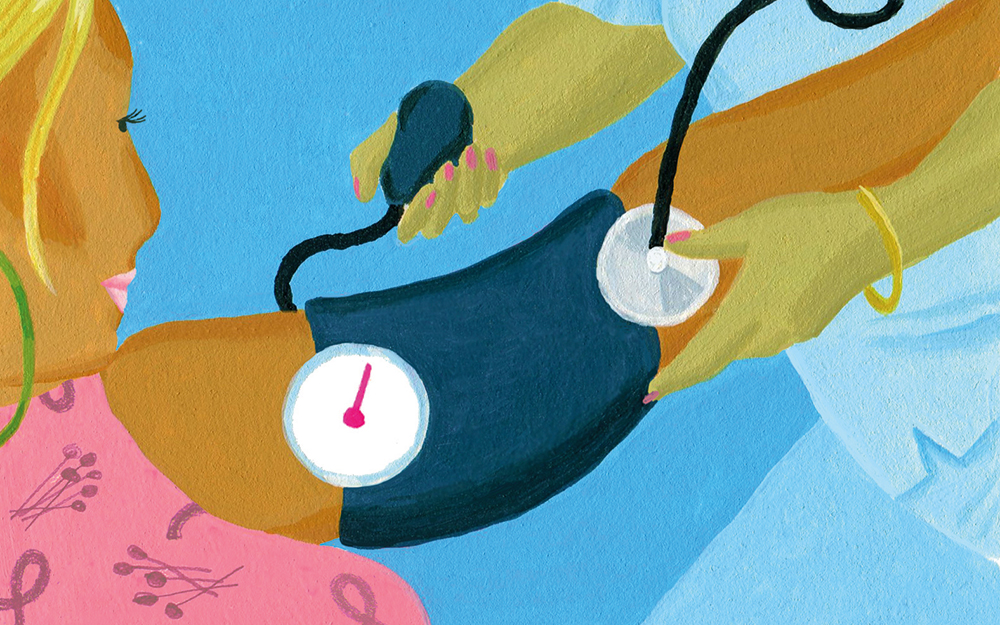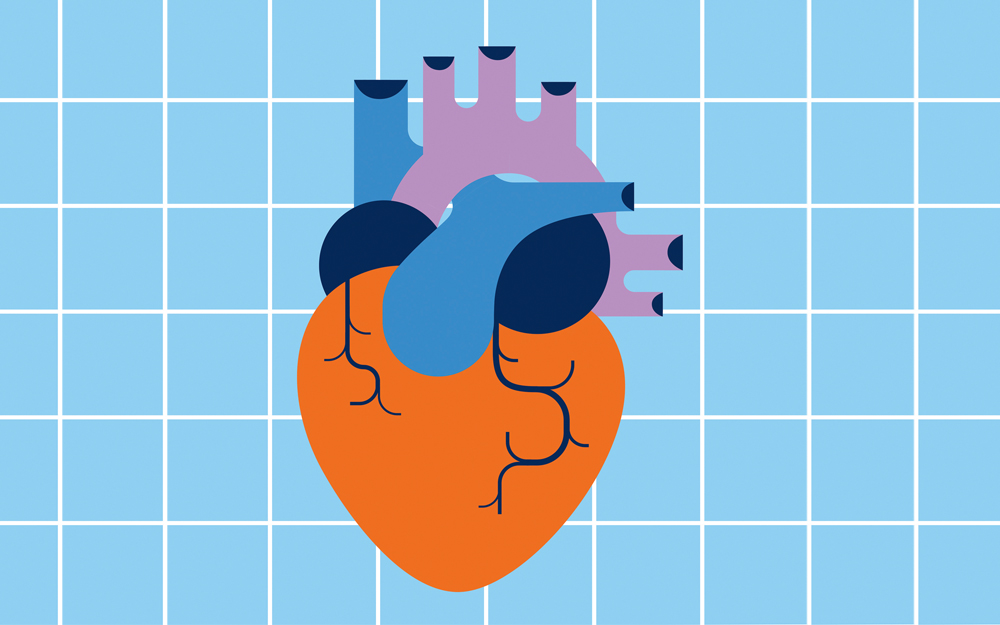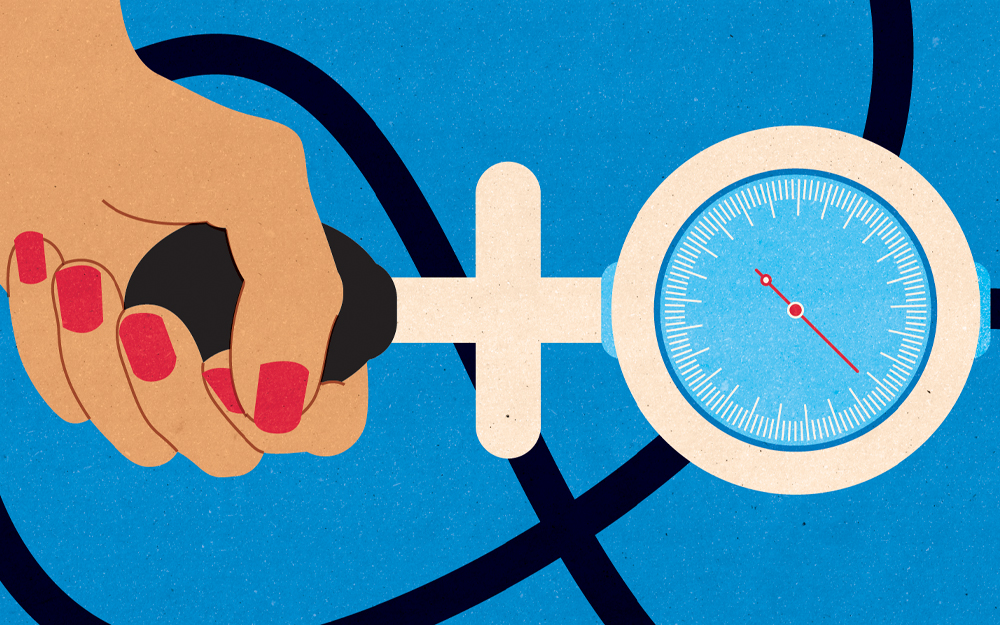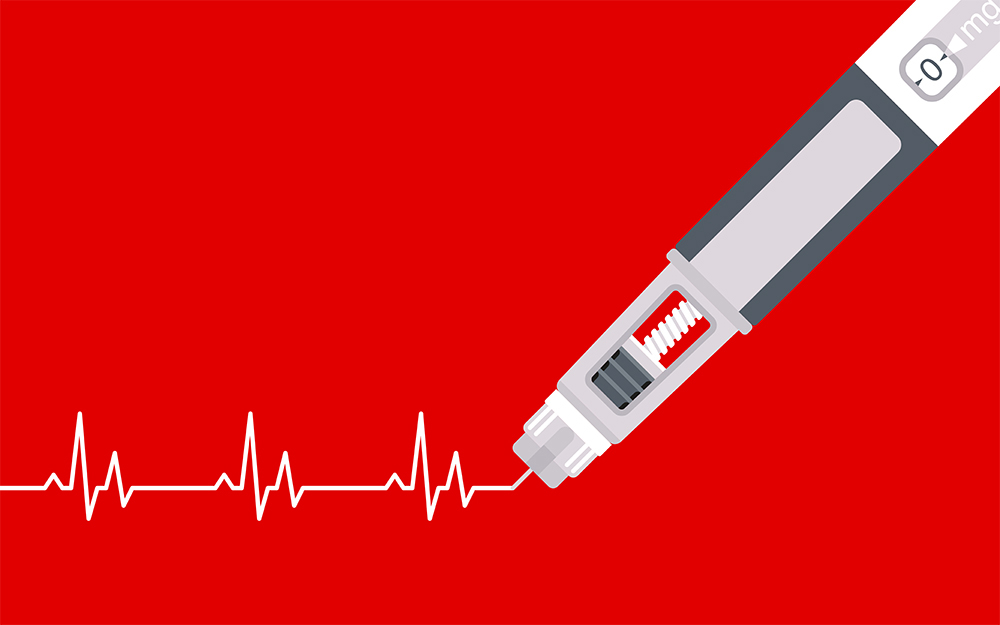Your Head and Your Heart: Understanding the Connection
Date
August 2, 2021
Credits
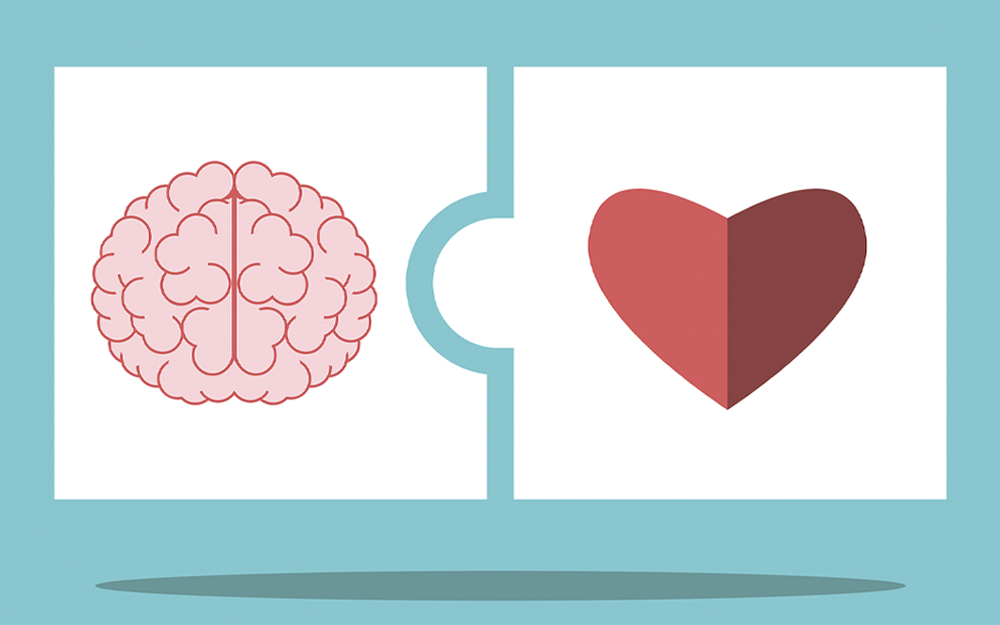
Date
August 2, 2021
Credits
Medical providers featured in this article
In Brief
{{cta-block}}
It might seem as though the brain and the heart operate independently in pursuit of disparate missions.
The heart pumps blood throughout the body, providing a life-sustaining supply of oxygen and nutrients to every major organ. The brain is the command center, controlling thoughts, speech and function.
Scientists, however, are increasingly uncovering a close connection between the two. Clinical evidence is mounting that cardiovascular health affects cognitive health, suggesting that preventive efforts for one translate to the other. As research in this area expands, emerging revelations could help bolster healthier aging, allow for more tailored care and, ultimately, even reduce rates of dementia.
"Whatever you do for your heart is likely going to be good for your brain as well"
“Whatever you do for your heart is likely going to be good for your brain as well,” says Zaldy Tan, MD, director of the Cedars-Sinai Memory and Aging Program, medical director of the Jona Goldrich Center for Alzheimer’s and Memory Disorders, and the Carmen and Louis Warschaw Chair in Neurology.
Exploring the Link
The second most common form of dementia, vascular dementia, is directly tied to cardiovascular health, since it is brought on when a lack of blood flow harms brain tissue, usually from a stroke or major surgery. Healthy hearts ensure that blood and oxygen reach the parts of the brain most responsible for memory.
Cardiovascular conditions, including high cholesterol, diabetes, hypertension and heart disease, have all been shown to increase the risk of developing Alzheimer’s disease.
Blood pressure is another significant factor in heart and brain health, according to Susan Cheng, MD, MPH, MMSc, director of the Institute for Research on Healthy Aging in the Smidt Heart Institute, and the Erika J. Glazer Chair in Women’s Cardiovascular Health and Population Science, who is conducting groundbreaking research on blood pressure differences between women and in men.
“Every organ system depends not only on the supply of blood but also the health of the blood vessels that supply that blood—the extent to which they can expand or contract when an organ needs more or less blood flow,” she says.
For example, in fight-or-flight emergency situations, a person needs more blood flow to the muscles in their arms and legs to allow them to run, so those vessels dilate, while the ones sending blood and oxygen to the gut contract.
“Healthy blood vessels lead to increased blood profusion and oxygenation of organs, including the brain,” Tan says.
The latest research shows that early-onset high blood pressure is clearly linked to a decline in later-life cognitive function, according to Cheng.
Further, Tan notes that people with healthy hearts are more social and active, which is good for the brain, whereas people with heart disease, who can experience shortness of breath and chest pain, are more likely to stay home and isolate.
“A lot of these things are intertwined,” he says.
"A lot of these things are intertwined"
Parallel Prescriptions
Growing awareness of the relationship between brain and heart means that suggestions for cardiac health and cognitive health increasingly overlap.
Medical providers recommend exercise, a key cardiovascular intervention, as a shared starting point.
“If you could take everything that exercise does for your body and put it in a single pill, each one would be worth a million dollars, and every pharmaceutical company would be fighting tooth and nail for the formula to that pill,” Cheng says. “The irony is exercise is free.”
In a paper based on the renowned Framingham Heart Study, which has been tracking the cardiac health of thousands of participants since 1948, Tan and collaborators found that people with the lowest level of physical activity were more likely to develop dementia. A separate study of older adults in Finland suggested that, on the flip side, exercise and a healthy diet could strengthen cognitive function in patients at risk of dementia.
Diet is a key factor influencing both heart and brain health.
Cheng advises prioritizing a plant-rich or plant-based diet that places a premium on food such as fruits, vegetables and grains—all of which tend to be less inflammatory than meat-heavy meals.
Chronic inflammation, she notes, is often seen alongside arterial and vascular disease. This may mean that an anti-inflammatory diet and treatments such as statins could prove effective in early stages of vascular disease.
Our parents were right, Cheng says: “We are what we eat.”
Dietary adjustments also could alleviate the bulk of the major modifiable risk factors for Alzheimer’s disease and dementia: obesity, midlife hypertension and diabetes. All are also responsible for poor cardiac outcomes like heart attack and stroke. And the earlier you can get these conditions under control, the better your health will be across the board, Tan says.
Cognitive function and heart health can also be influenced by lifestyle changes such as smoking cessation and better sleep quality, he adds.
"We are what we eat"
A Blossoming Field
Experts in neurology and cardiology expect to see their conjoined fields flourish in the coming years and hope to harness findings to reduce memory disorders as populations live longer.
One area ripe for investigation is gender differences: Women are more likely than men to develop dementia, although the reasons for this remain unclear.
Cheng, who has pioneered research on how women’s blood pressure physiology is distinct from men’s, believes that some of the answers lie in getting women’s blood pressure under control. A better understanding of women’s heart health could help explain some of the disconnect and determine how to reduce elevations in women’s blood pressure over time. In turn, that could have a positive effect on women’s brain function.
In Discoveries: Under Pressure
Cheng’s findings established that women’s blood vessels age faster and that women have a lower healthy blood pressure range than men. Blood vessels are also smaller in women, making them more susceptible to abnormalities, she says.
Gender differences across both cardiology and neurology are “definitely an area of active investigation and should be,” Tan says.
Not every occurrence of dementia can be prevented, the experts say. But increased exploration of the roles of genetic predisposition and environmental risk could identify the subgroup of patients who could benefit from controlling cardiovascular risk factors. That’s where these recommendations would be most effective, Tan says.
“There are a lot of risk factors for Alzheimer’s disease, but most of them are potentially modifiable. With more research, we could tailor recommendations based on the risk profile of a particular patient,” he says.
